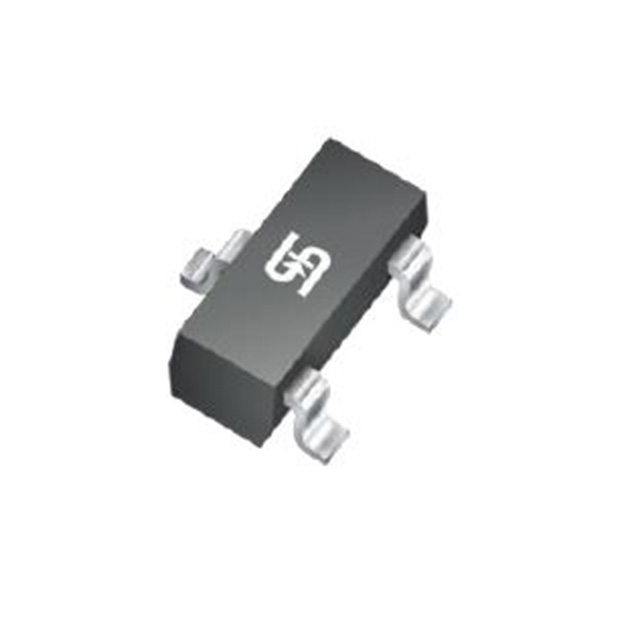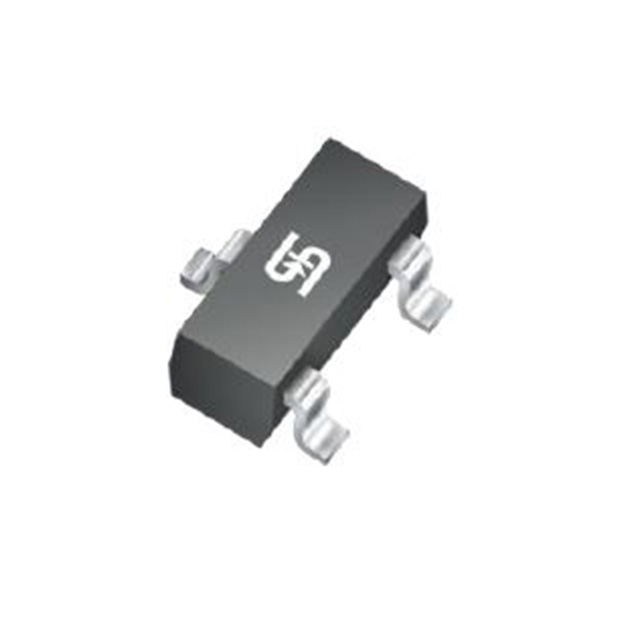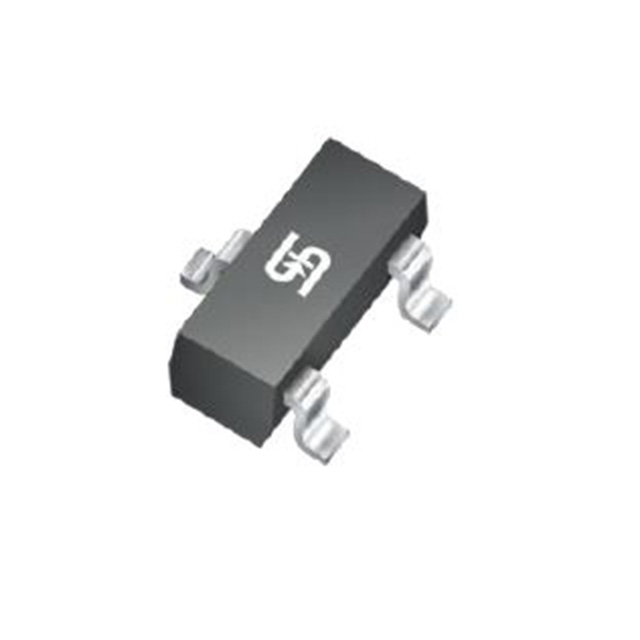Home > RF & Wireless >
RF Transistors
ALL Electronic Components
Result: 3
RF transistors, or Radio Frequency transistors, are semiconductor devices specifically designed for amplifying and processing radio frequency signals in electronic circuits. These transistors play a crucial role in RF applications, such as wireless communication systems, broadcasting, radar systems, and various other RF-enabled devices.
Here are key aspects and characteristics of RF transistors:
- Frequency Range: RF transistors are optimized to operate in the radio frequency range, typically spanning from a few megahertz (MHz) to gigahertz (GHz). This frequency range aligns with the needs of RF communication and signal processing.
- High-Frequency Performance: RF transistors are engineered to provide high-frequency performance, allowing them to amplify and process RF signals efficiently. This includes considerations for gain, bandwidth, and linearity at RF frequencies.
- Amplification: One of the primary functions of RF transistors is to amplify weak RF signals. They are commonly used in RF amplifiers to boost signal strength for improved communication and signal integrity.
- Low Noise: In RF applications, minimizing noise is essential for maintaining signal quality. RF transistors are designed with low noise characteristics to ensure that the amplified signals retain their integrity and clarity.
- Transistor Types: RF transistors can be either bipolar junction transistors (BJTs) or field-effect transistors (FETs). Each type has its advantages and is chosen based on the specific requirements of the RF circuit.
- Power Amplification: RF transistors may be used in power amplifier circuits to provide sufficient output power for RF transmitters. Power RF transistors are capable of handling higher power levels while maintaining RF performance.
- Package Types: RF transistors come in various package types, including surface-mount and through-hole packages. The choice of package depends on the application and the specific requirements of the circuit.
- Matching Networks: RF transistors often require matching networks to optimize their performance and ensure proper impedance matching with the surrounding circuitry. Matching networks are essential for achieving maximum power transfer.
- Biasing: Proper biasing is crucial for the stable operation of RF transistors. Biasing circuits are designed to provide the necessary DC voltage and current to keep the transistor in its active region.




